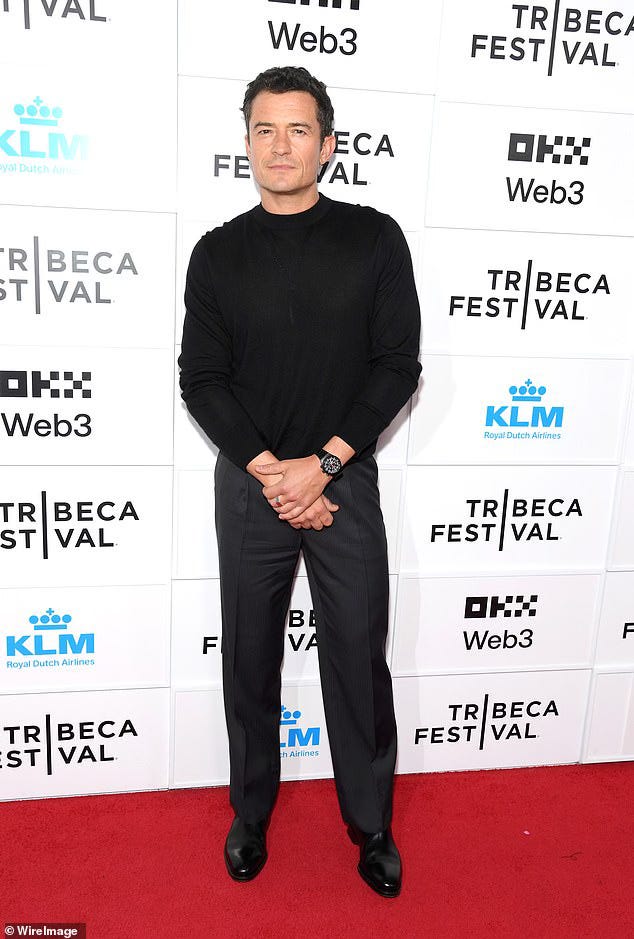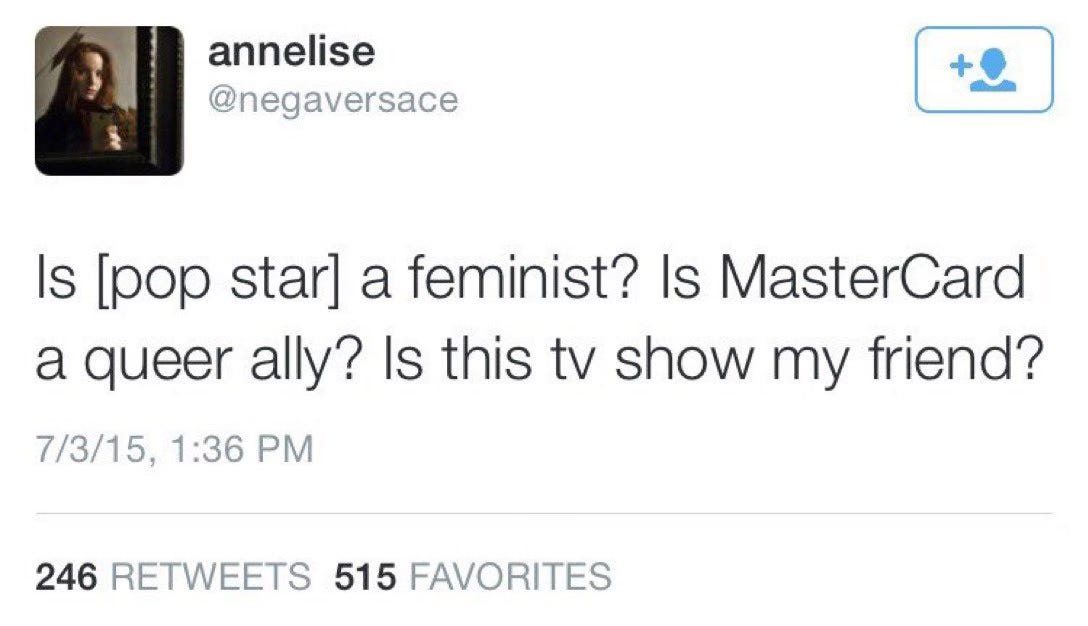Notes on film festival psychosis
all the stars are here, and i have the urge to mine some bitcoin!
I attended my first (and last) Tribeca Film Festival over six years ago, and I resolutely determined at its close that I would not be attending again. This has been a choice that I’ve never looked back on. Yes, without question, it is important to boost the voices of independent and emerging filmmakers in the age of the collapsing, star-less, streaming-devoured, live-action-reboot-humping Hollywood machine, even if it often feels like a slow-moving car crash. But so many of these bright-eyed independent filmmakers make shitty, pointless films on dewy topics pertaining to “things that matter” that are just a nightmare to sit through. Debut films should be given some margin of leeway, I guess. Sure, movies are hard to make, and fledgling creators can often find a second wind. But no matter how difficult a film is to make, no matter how many people poured their hearts into it, an audience still has to sit through it, and if it’s crap, it’s crap. Unfortunately, I don’t have the patience for crap, or enough vestment in indie film to want to be the one who has to deal with it, and so I stopped—the same reason I don’t cover Sundance anymore, aside from the miserable Utah cold.
On the other end of the spectrum, you get (equally shitty) indie films from established studio hacks like Jon S. Baird (Tetris) and Colin Trevorrow (name needs no introduction), both of whom were introduced on stage prior to their recent premieres at Tribeca where they waxed poetic about how hard it is to fund a fully independent film. Trevorrow, who produced and co-wrote the upcoming action-comedy Deep Cover, famously stumbled through increasingly poor Jurassic World sequels and an original film that bombed so bad he had a Star Wars yanked from him, and has now bounced his way back to the indie doldrums from which he jumpstarted his career. Before the premiere, he remarked on how he had always wanted his work to be showcased at a film festival like Tribeca (got a chuckle from me, and a few others) and how his first film, Safety Not Guaranteed, cost only $750,000 to make; a reminder that he’s been here before. Having been pushed out of involvement on Jurassic World: Rebirth, it is transparent that Colin has returned, tail between his legs, to small-budget film because he has nowhere else to go. I guess having that kind of fire to keep creating is certainly admirable to some extent, even if you’re the brain behind The Book of Henry.
The two movies I happened to catch at this year’s Tribeca Fest—Everything’s Going to be Great and the aforementioned Deep Cover—do not need to be discussed, largely because I already reviewed them, here and here (link TBD because my review is not actually published yet lol), so if you want to read my thoughts, then click on the provided links. I was not actually covering the festival, but rather I was assigned to review two June releases that just happened to hold their premieres there instead of at general premiere screenings elsewhere in the city. Often I feel like I’m a jobless loser who is going nowhere, but then I get to sit at a festival premiere, for free, in a reserved seating row that has a fantastic view of Orlando Bloom smiling and shaking hands with a bunch of fawning goons while wearing a tight black sweater, and I think “Well, it is nice to get to see bad movies for free and look at celebrities sometimes.”
Orlando Bloom isn’t even the most thrilling part of these premieres —it’s the C and D-listers. You will see minor celebrities randomly walking around everywhere, and they will look like normal people dressed in unremarkable clothes, and you’ll spend a lot of time wondering if they’re someone you’ve met before at a party in Bushwick or someone you recognize from TV. As I careened my way through a crowd ogling the red carpet for Bloom’s arrival—I very impatiently asked two separate people when it would be over so I could go inside and claim my will call ticket—I overheard patrons who had spotted two of the members from SNL’s “Please Don’t Destroy.” I didn’t initially hear who the patrons said these guys were, I just caught the beginning of “Oh wow, that’s—.” I am only vaguely aware of Please Don’t Destroy, having seen maybe one or two bits of their comedy and deemed it “awful.”
When I looked over at these guys before putting the pieces together, I did spend a good amount of time wondering if I’d met them at a party not knowing they were moderately famous, or if they were actually actors from a Tribeca film I’d attended the premiere party of one year prior. I watched few people ask for photos and then a quick Google search solved it for me. This was a fun little game of detective work, but it’s a lot better when they are fully enmeshed with the regular people, either totally ignored or small-time enough that many may recognize them but no one wants to bother to say anything. A couple years ago, I attended the premiere of the ghastly Where the Crawdads Sing at the Museum of Modern Art, and on my way out I spotted minor Canadian character actor Keir O’Donnell quietly departing with his lady friend. It thrilled me to recognize this guy, who likely gets stopped on the street far less than two of the nepotism hires at Saturday Night Live. Oh, to be hobnobbing with the stars.
Before the festival film starts customarily 30 minutes late, you have to sit through a loving introduction by the director of the festival in which they do their best to make it sound like the film you’re about to watch might actually be good, and then, I guess in the case of Tribeca at least, a brief speech from one of the filmmakers. After all of this is done (15-20 minutes, if you’re lucky), comes the advertisements, lest we forget that most of these festivals are funded by and thus propaganda for major corporations like—in this case, specifically—AT&T and Indeed, which use film festivals to play like they care about investing in art. The real kicker here, though, is that this year’s Tribeca is also happily partnered with crypto. Before every film that premieres at the festival, you are made to sit through the “trailer” for a new short film titled The Mild Mild West starring Vincent Cassel and Chazz Palminteri, produced by Darren Aronofsky’s ad company, Chromista. Loose definition of “film;” it is an advertisement for cryptocurrency exchange company OKX, which is the leading partner of this year’s Tribeca Film Festival. Here is a statement on the film from OKX Chief Marketing Officer Haider Rafique:
"The thought process behind Mild Mild West is simple - why advertise when you can instead create deeper stories and moments? This mirrors our approach within OKX, where it is incumbent upon us to continue to lead the innovation and growth of the broader industry. By using the western genre, we're able to draw parallels to the transition from an unsustainable climate of limited oversight, to one governed by good regulation and compliance. The film portrays the characters discovering what true freedom is within the digital age, and that it is only realized through understanding and using the right tools, as well as making the right conscious choices about our role in technology."
Hilariously tone deaf and idiotic faux-posturing word salad, but cozying up to film festivals isn’t like a surprising thing, really. The film industry is in shambles, festivals are desperate for money and increasingly loose on ethics or morals in order to get it—the festival itself has even launched it’s own NFT. Is Tribeca really a platform for emerging artistic voices or a willing stooge in the slide towards technofascism? Redundant and self-evident question. As noted in this article by Campaign, OKX’s advocacy for self-custody and “the right to mine bitcoin” was a Republican party talking point prior to the 2024 election. When I first sat through this trailer before Everything’s Going to be Great, I did glance feverishly around the theater while thinking to myself “What the fuck? Ha ha, what the fuck??” On with the show!
The best part of these premieres, though, is the audience. The mewling, guffawing, baying wave of happy seals, clapping their little flippers together in ecstasy and shouting “arf, arf, arf!” The crowds are an eclectic collage of casual festival-goers and cinephiles, industry power players, random celebrities, film-specific collaborators, and a smattering of critics like me trying to blend in with the riff raff and leave quietly. But all of these people (aside from the critics, I find) come together for one magical night only, to react to terrible jokes as if they are among the crowd for one of Louis C.K.’s specials before all the #MeToo stuff happened. This is for comedies in particular, but even non-comedies with “lightly” comedic moments will elicit the kind of howling belly-laughs one would expect to have occurred during an opening weekend screening of Happy Gilmore in Cherry Hill, New Jersey. Between the premiere audiences for both Deep Cover and Everything’s Going to be Great, you would have thought both films were laugh-a-minute masterpieces on par with Airplane! or Anchorman. Instead, they were both mostly dull, poorly written scripts with cheap one-liners and lazy bits with no punchlines. Even an audience at the AMC in Times Square would probably only produce light chuckles.
A setting like Cannes (which is, incidentally, a lot more critical) would make a lot more sense: festivals in gorgeous, sunny locales with ample amounts of food and drink are often suspected inherent aphrodisiacs when it comes to garnering overly positive reactions for otherwise mediocre films. In a place like Tribeca, though, it seems the only comedic aphrodisiac is being somewhere, anywhere that feels even remotely special, surrounded by famous people—who everyone wants to dote on and be nice to—along with the people who made the film and all their friends, all of whom are likely trying to over-exaggerate just how much they adore the product in order to assuage fragile egos. I don’t even mean any of this to be cynical: make no mistake, the energy is exhilarating. For two beautiful hours in BMCC Tribeca Performing Arts center, there is no funnier, or happier, place to be than at the premiere of a film that is going to be dumped onto streaming1 and instantly forgotten about.
Deep Cover released on Prime Video this past Wednesday. I suspect Everything’s Going to be Great will be in theaters for one week before it shows up on Pluto TV.







V similar to my brief experience at sxsw London last week
This was great. Gets at a lot of what I specifically dislike about Tribeca. Watered down film selections and then a bunch of branded content programs. A panel of ad executives talking about how they’re creators!